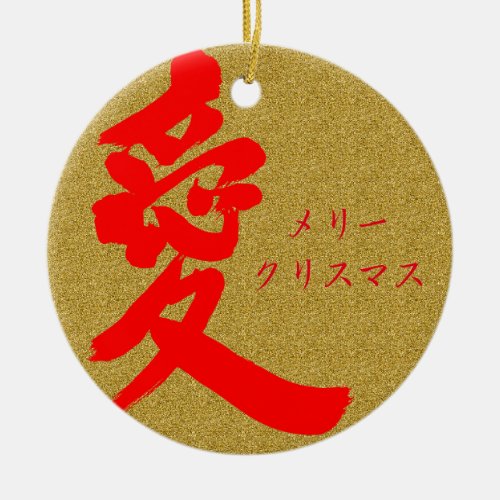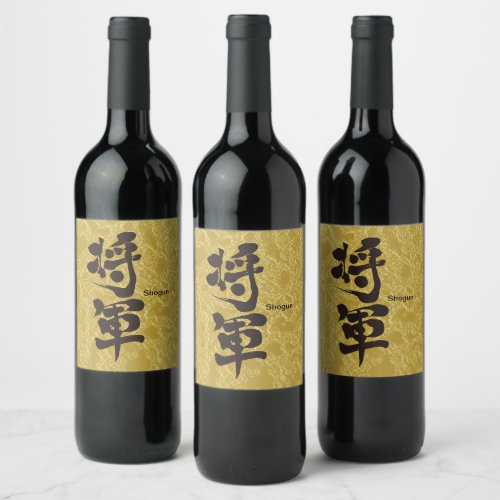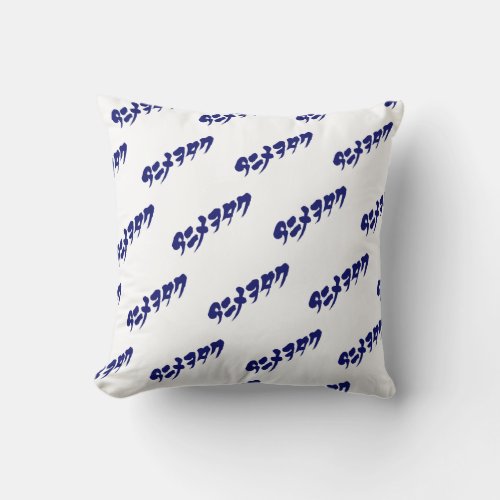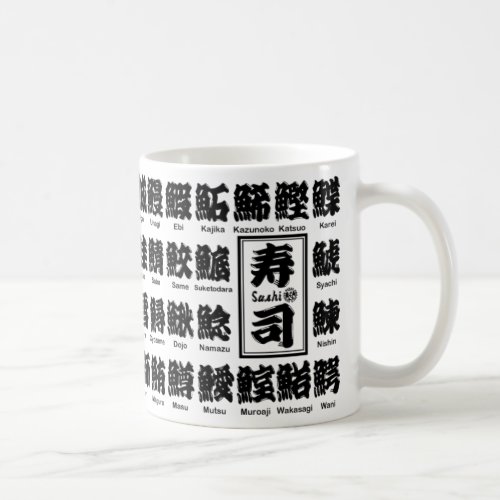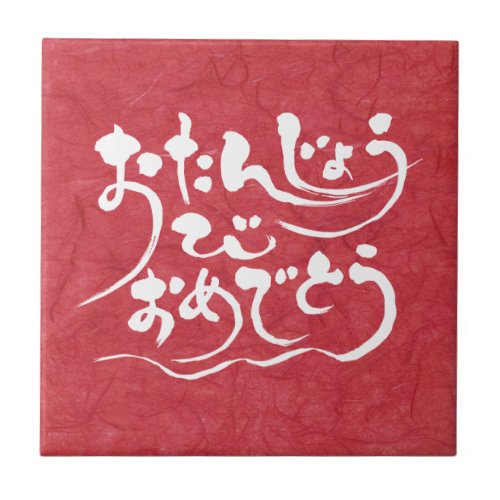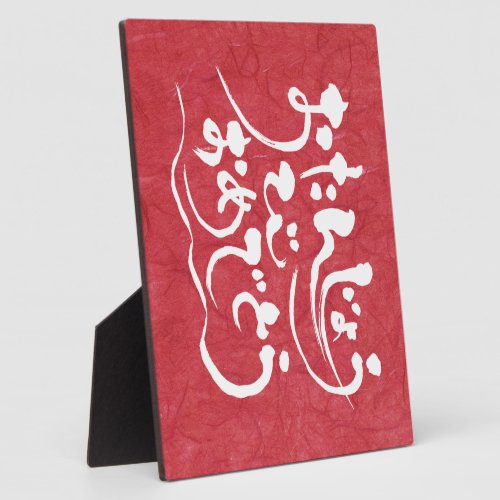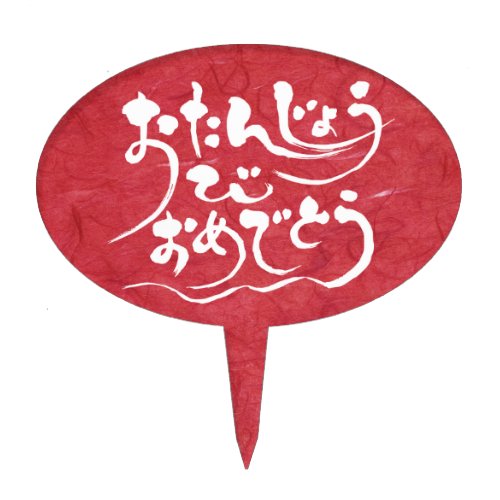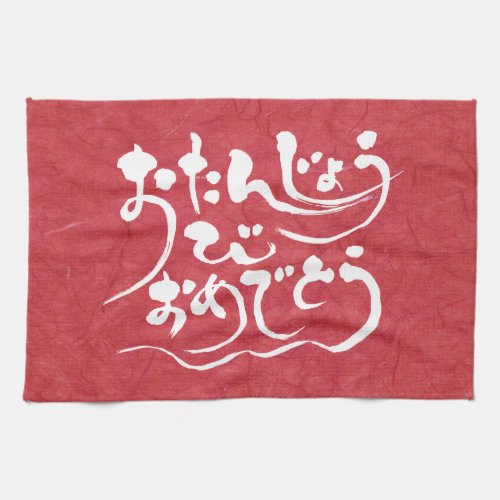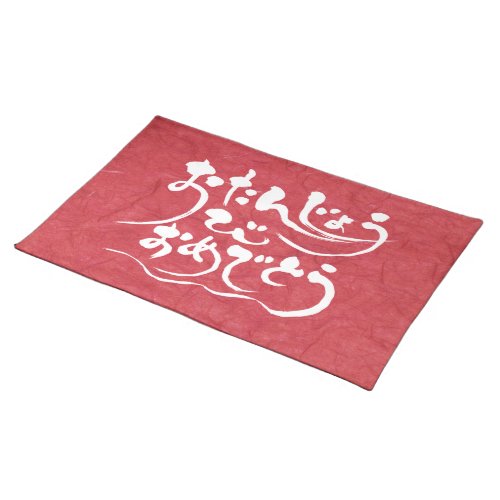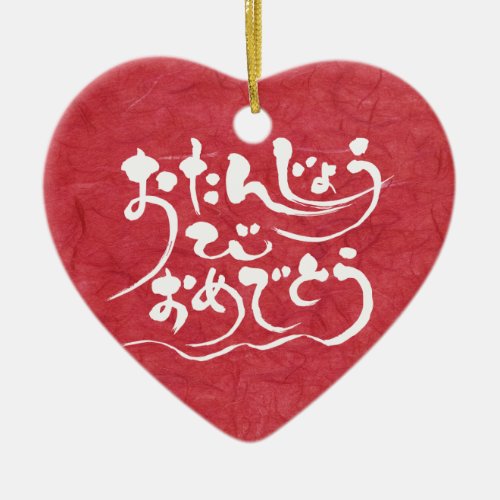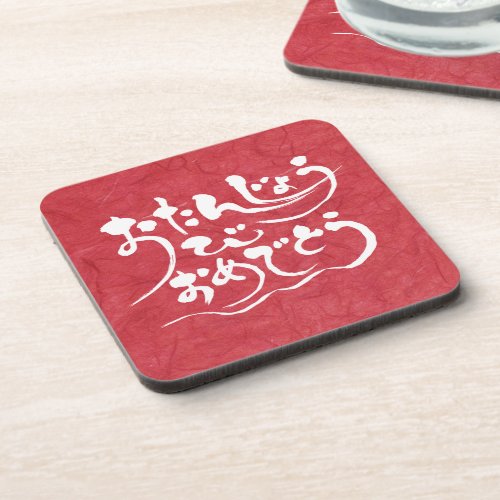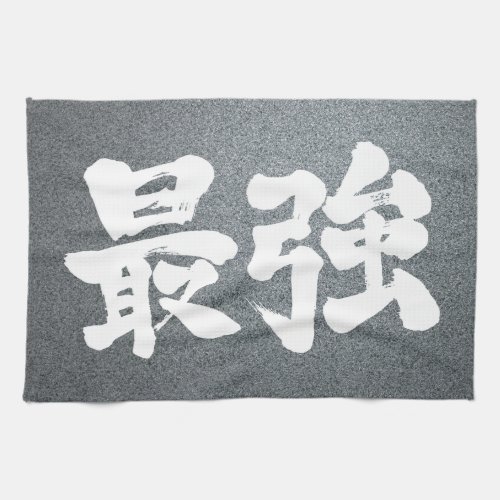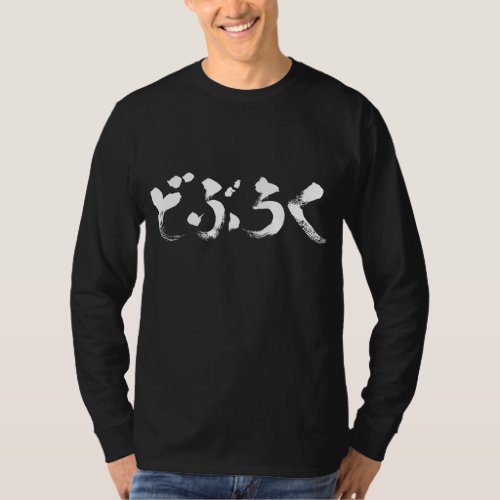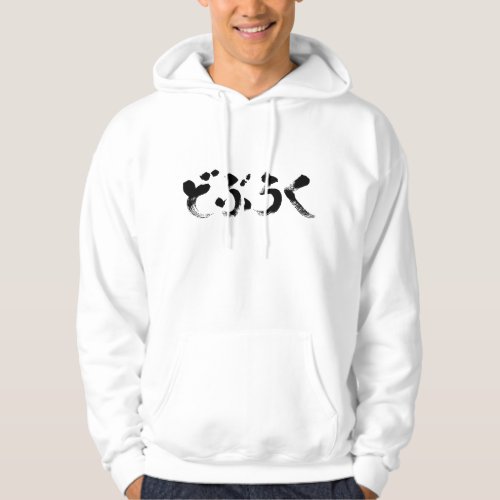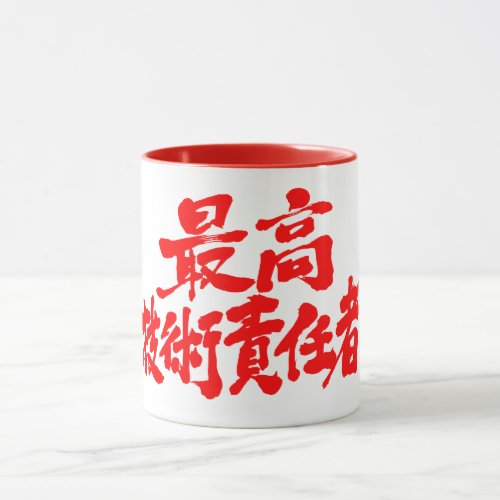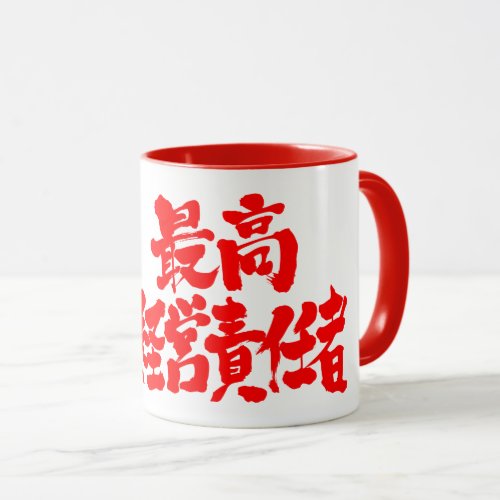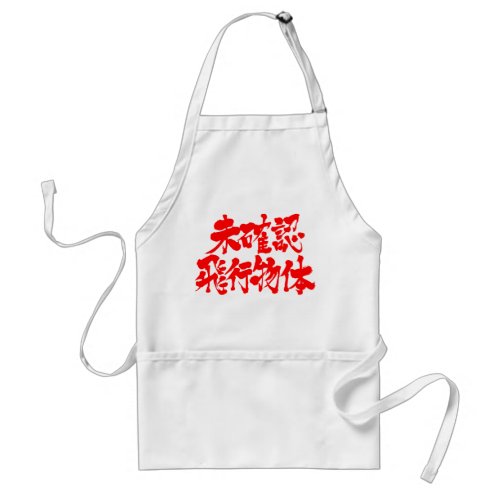homely
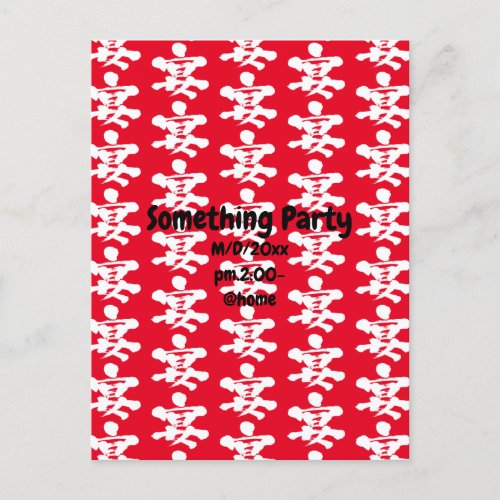
[Kanji] party Postcard
an occasion on which people can assemble for social interaction and entertainment Japanese says Utage.
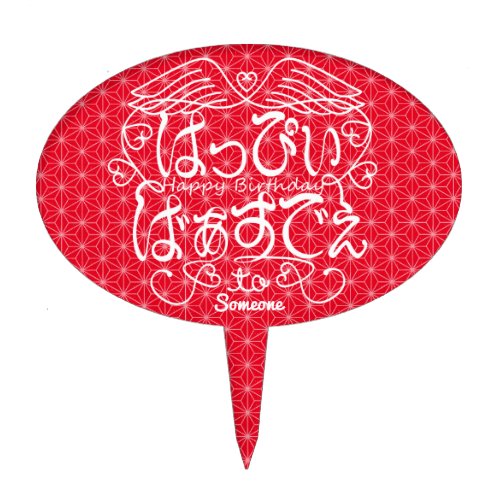
[Hiragana] Happy birthday to Someone with flaxleaf Cake Topper
it is literal translation in Japanese Hiragana. You can change the name, so please change the name of the recipient.
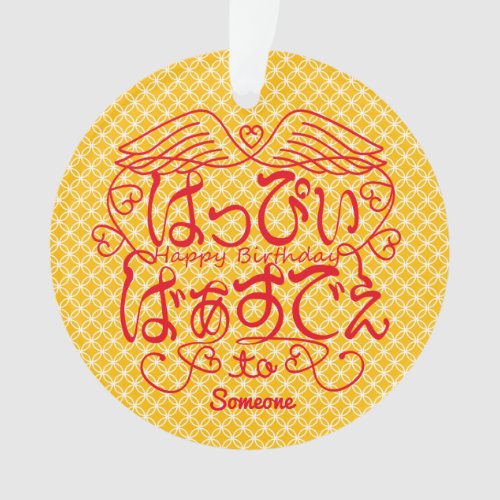
[Hiragana] Happy birthday to X with Shippo pattern Ornament
it is literal translation in Japanese Hiragana. You can change the name, so please change the name of the recipient.
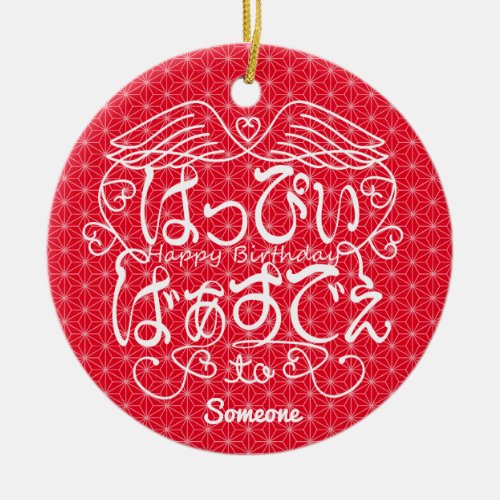
[Hiragana] Happy birthday to Someone with flaxleaf Ceramic Ornament
it is literal translation in Japanese Hiragana. You can change the name, so please change the name of the recipient.
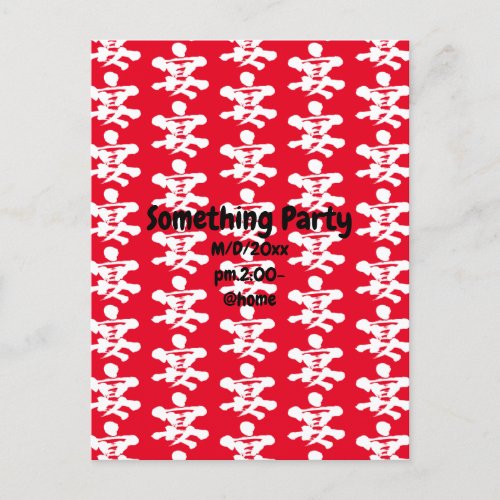
[Kanji] party Postcard
an occasion on which people can assemble for social interaction and entertainment Japanese says Utage.
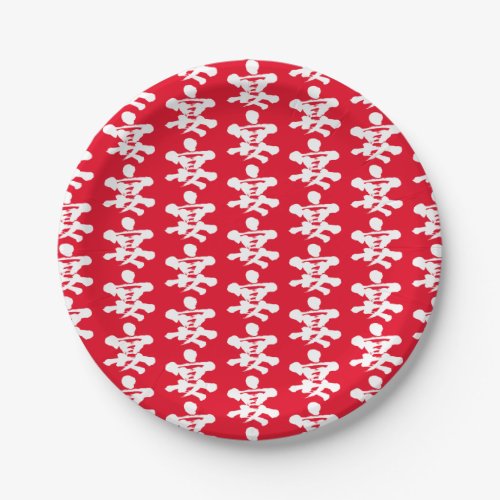
[Kanji] party Paper Plates
an occasion on which people can assemble for social interaction and entertainment Japanese says Utage.
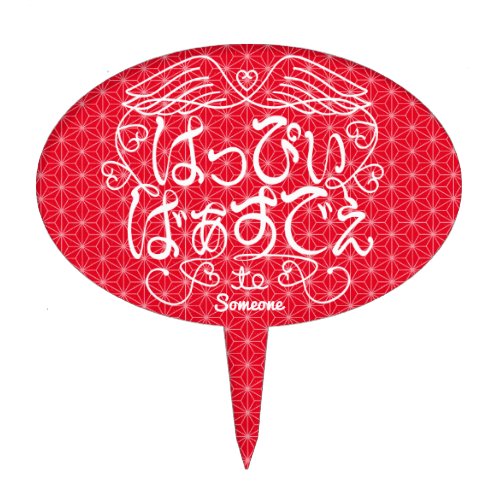
[Hiragana] Happy birthday to XXX with flax-leaf Cake Topper
it is literal translation in Japanese Hiragana. You can change the name, so please change the name of the recipient.
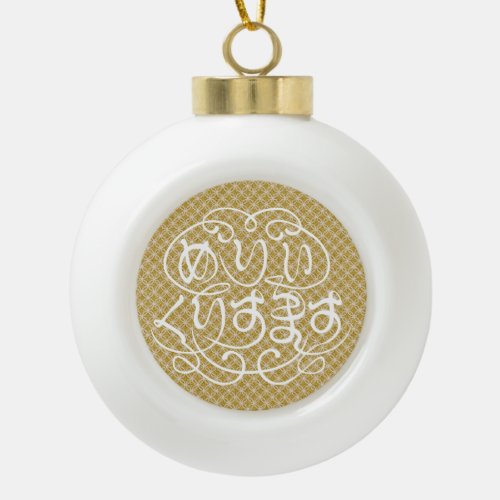
[Hiragana] merry christmas with Shippo pattern Ceramic Ball Christmas Ornament
Used to express good wishes on or before Christmas Day. it is literal translation in Japanese Hiragana.
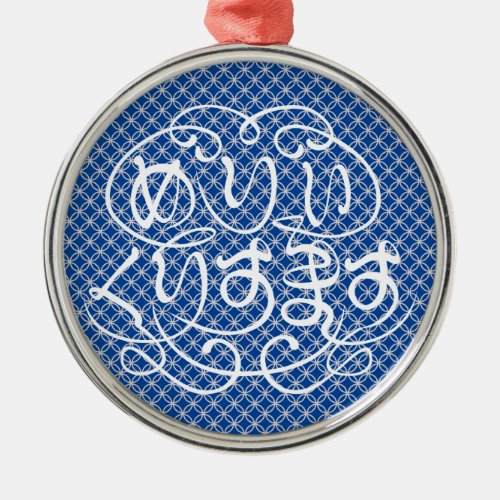
[Hiragana] merry christmas with Shippo pattern Cer Metal Ornament
Used to express good wishes on or before Christmas Day. it is literal translation in Japanese Hiragana.
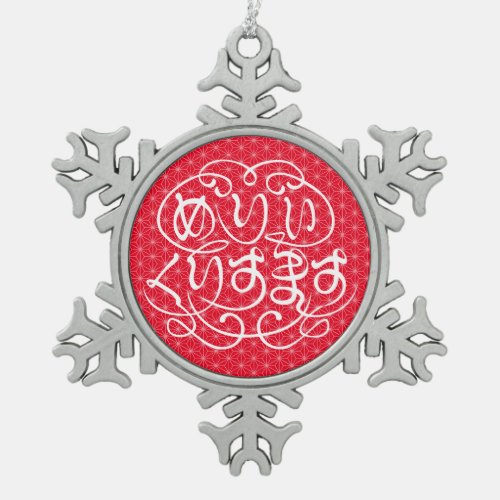
[Hiragana] merry christmas with flax-leaf pattern Snowflake Pewter Christmas Ornament
Used to express good wishes on or before Christmas Day. it is literal translation in Japanese Hiragana.
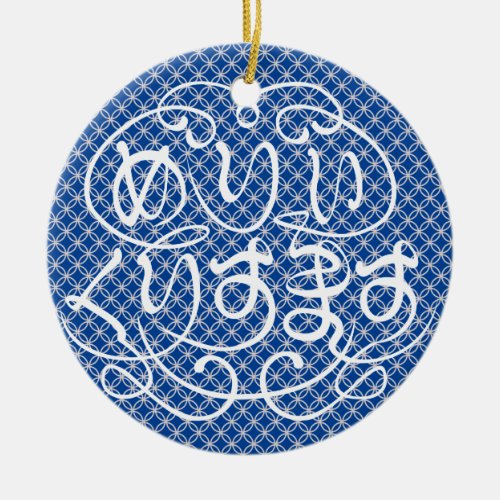
[Hiragana] merry christmas with Shippo pattern Ceramic Ornament
Used to express good wishes on or before Christmas Day. it is literal translation in Japanese Hiragana.
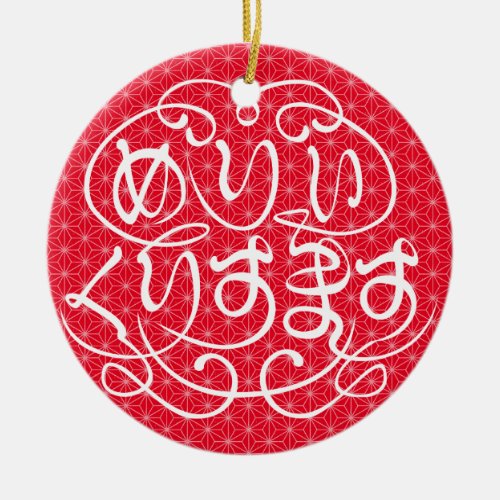
[Hiragana] merry christmas with flax-leaf pattern Ceramic Ornament
Used to express good wishes on or before Christmas Day. it is literal translation in Japanese Hiragana.
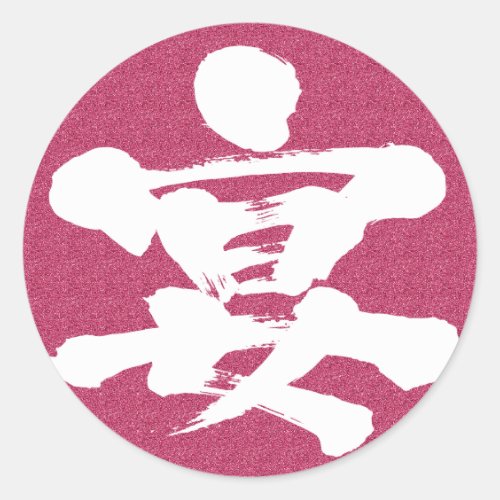
[Kanji] party Classic Round Sticker
an occasion on which people can assemble for social interaction and entertainment Japanese says Utage.
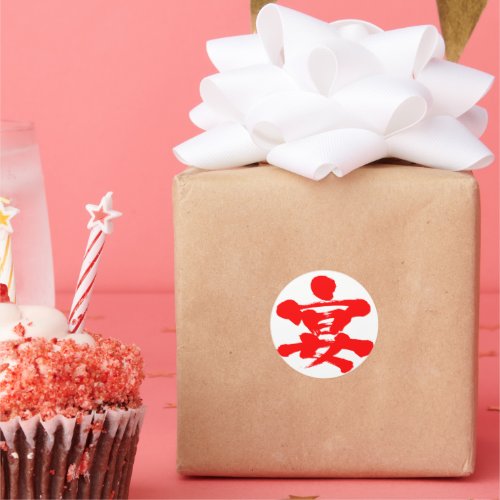
[Kanji] party as red letter Classic Round Sticker
an occasion on which people can assemble for social interaction and entertainment Japanese says Utage.
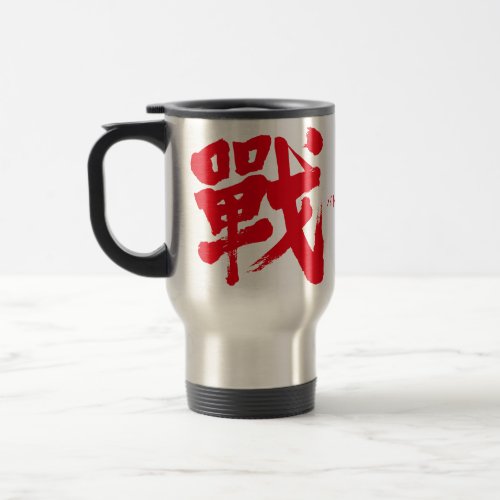
[Kanji] Battle as classic letter Travel Mug
It is a Kanji that old Japanese were using. Japanese says Ikusa. It's same means "戦".
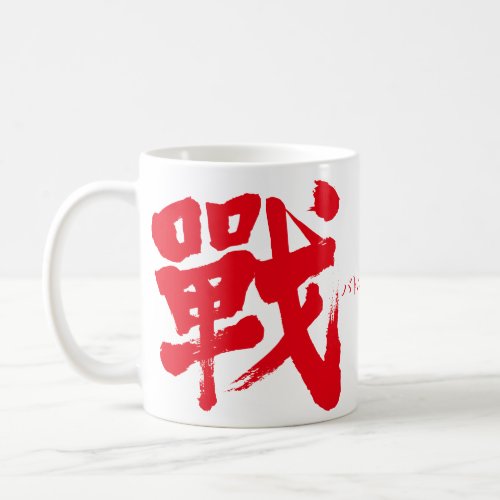
[Kanji] Battle as classic letter Coffee Mug
It is a Kanji that old Japanese were using. Japanese says Ikusa. It's same means "戦".
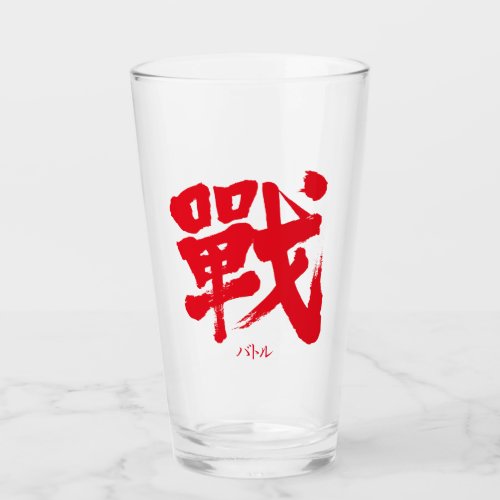
[Kanji] Battle as classic letter Glass
It is a Kanji that old Japanese were using. Japanese says Ikusa. It's same means "戦".
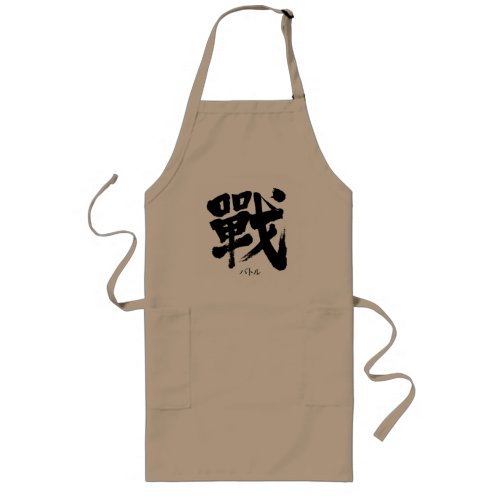
[Kanji] Battle as classic letter Long Apron
It is a Kanji that old Japanese were using. Japanese says Ikusa. It's same means "戦".
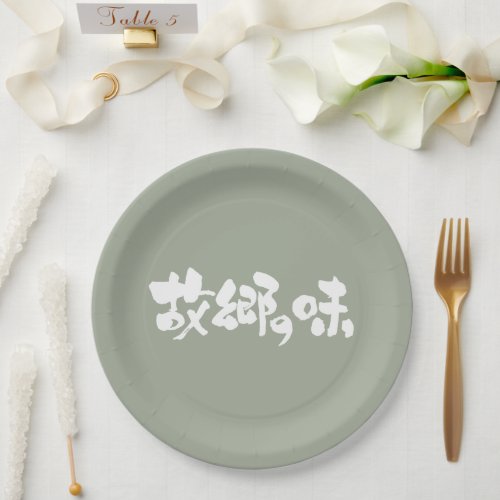
[Kanji + Hiragana] flavor of native dishes Paper Plates
Ingredients and dishes eaten at the place where you were born and raised. flavor of native dishes. Japanese says Ko-Kyo-no-Aji or Furu-Sato-no-Aji.
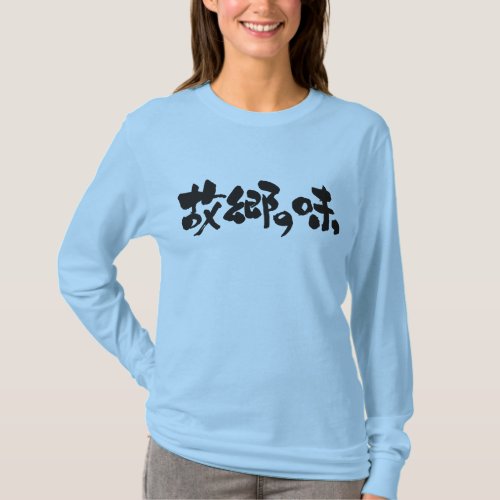
[Kanji + Hiragana] flavor of native dishes LS T-Shirt
flavor of native dishes. Japanese says Ko-Kyo-no-Aji or Furu-Sato-no-Aji.
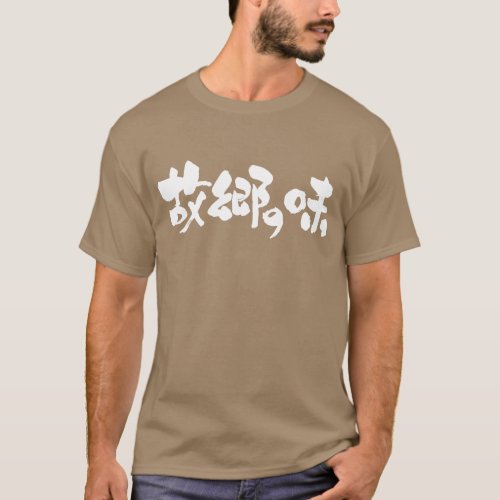
[Kanji + Hiragana] flavor of native dishes T-Shirt
flavor of native dishes. Japanese says Ko-Kyo-no-Aji or Furu-Sato-no-Aji.
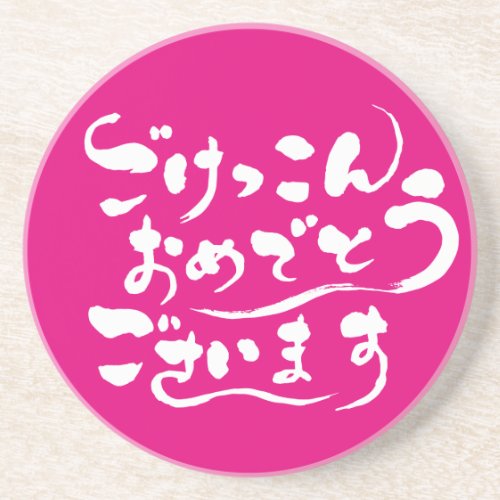
[Hiragana] Congratulations on your marriage Sandstone Coaster
Japanese says go-ke-k-ko-n o-me-de-to go-za-i-ma-su
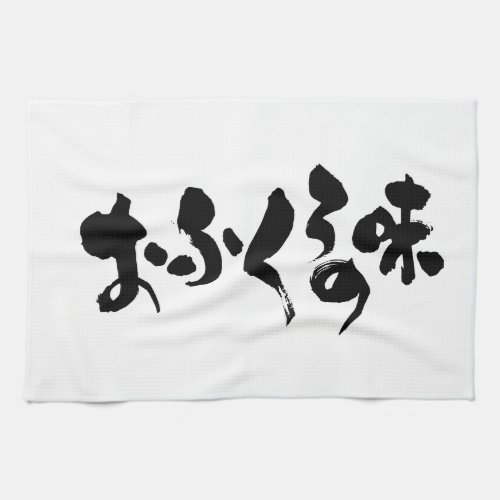
[Hiragana + Kanji] taste of home cooking Towel
mom's home cooking. taste of mom's cooking. food like mom used to make. Japanese says o-fu-ku-ro-no-aji.
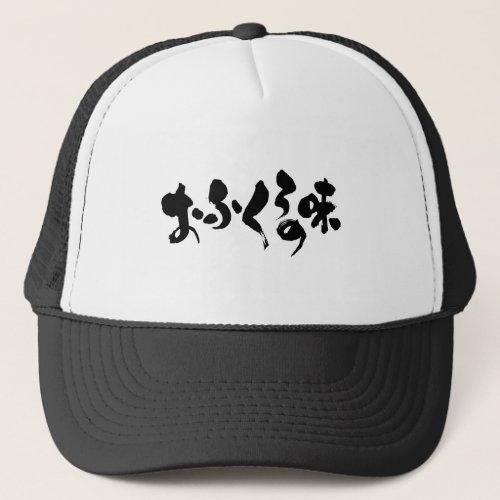
[Hiragana + Kanji] taste of home cooking Trucker Hat
mom's home cooking. taste of mom's cooking. food like mom used to make. Japanese says o-fu-ku-ro-no-aji.
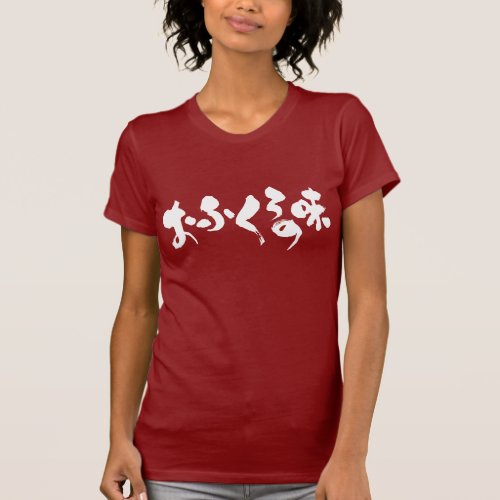
[Hiragana + Kanji] taste of home cooking T-Shirt
mom's home cooking. taste of mom's cooking. food like mom used to make. Japanese says o-fu-ku-ro-no-aji.
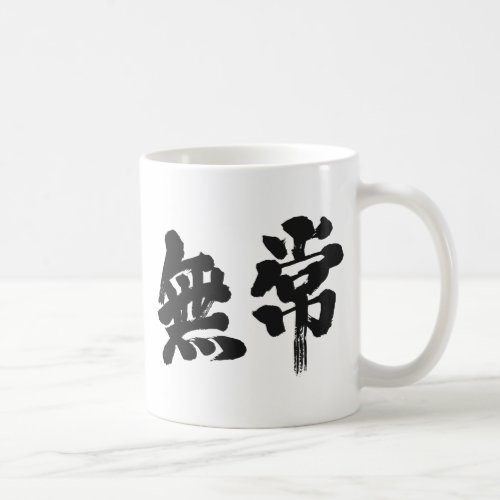
[Kanji] vanity Coffee Mug
the property of not existing for indefinitely long durations Japanese says Mu-Jou.
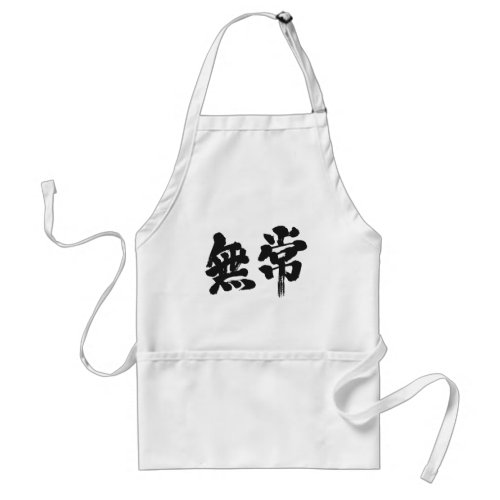
[Kanji] vanity Adult Apron
the property of not existing for indefinitely long durations Japanese says Mu-Jou.
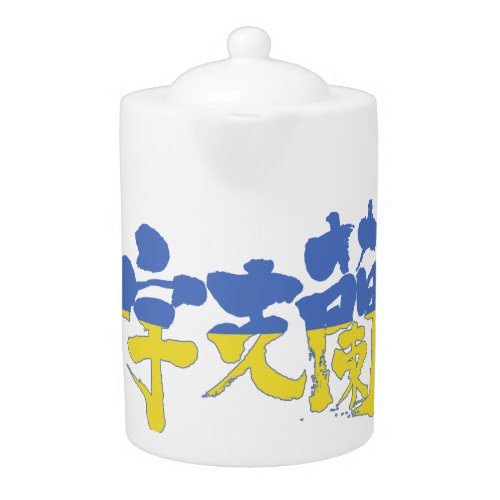
[Kanji] Ukraine Teapot
a republic in southeastern Europe. Ukrainskaya Sovietskaya Sotsialisticheskaya Respublika.
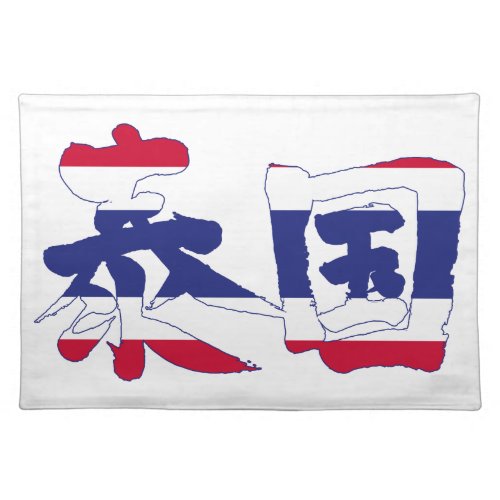
[Kanji] Thailand Placemat
a country of southeastern Asia that extends southward along the Isthmus of Kra to the Malay Peninsula.ราชอาณาจักรไทย Ratcha Anachak Thai.
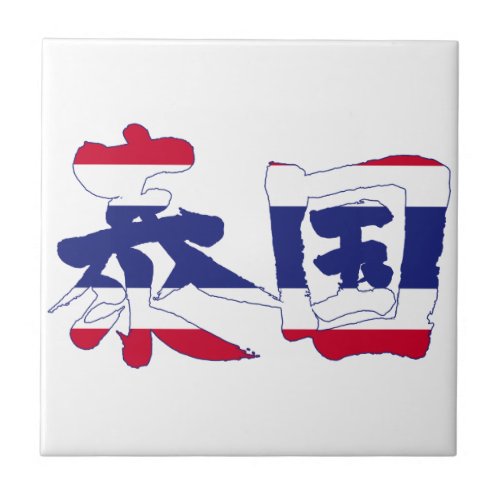
[Kanji] Thailand Ceramic Tile
a country of southeastern Asia that extends southward along the Isthmus of Kra to the Malay Peninsula.ราชอาณาจักรไทย Ratcha Anachak Thai.

[Kanji] Russia Coffee Mug
a former empire in eastern Europe and northern Asia created in the 14th century with Moscow as the capital.
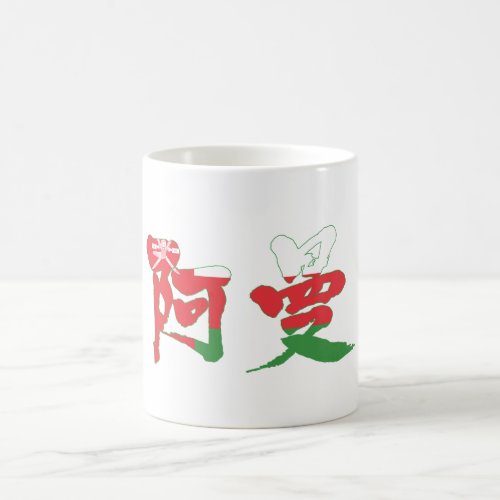
[Kanji] Oman Coffee Mug
a strategically located monarchy on the southern and eastern coasts of the Arabian Peninsula.
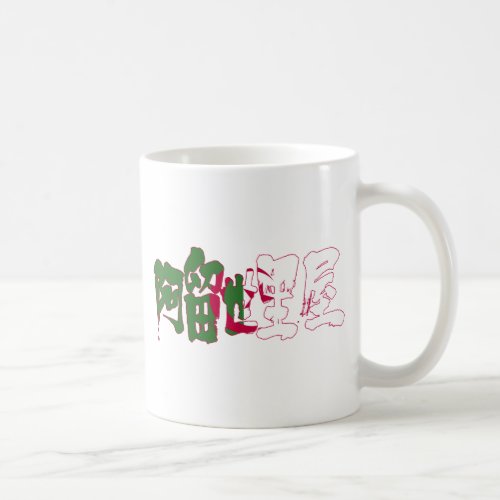
[Kanji] Algeria Coffee Mug
a republic in northwestern Africa on the Mediterranean Sea with a population that is predominantly Sunni Muslim. People’s Democratic Republic of Algeria.
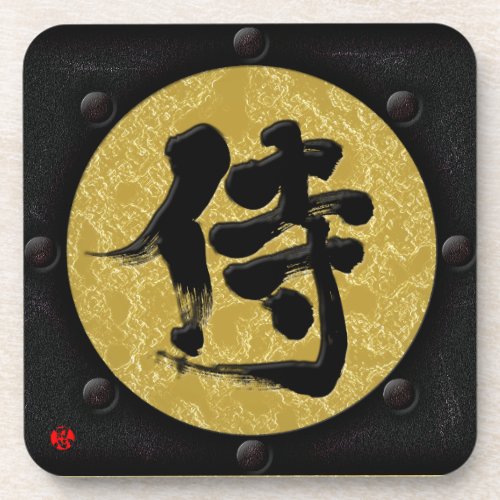
[Kanji] Samurai Yoroi style Beverage Coaster
Japanese Yoroi (armor) style like a golden moon. A Japanese warrior. Now there are no samurais in japan. But Japanese has chivalrous spirit like a Samurai.
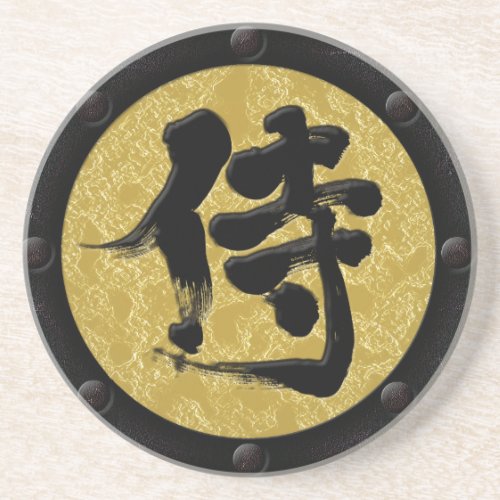
[Kanji] Samurai Yoroi style Coaster
Japanese Yoroi (armor) style. A Japanese warrior. Now there are no samurais in japan. But Japanese has chivalrous spirit like a Samurai.
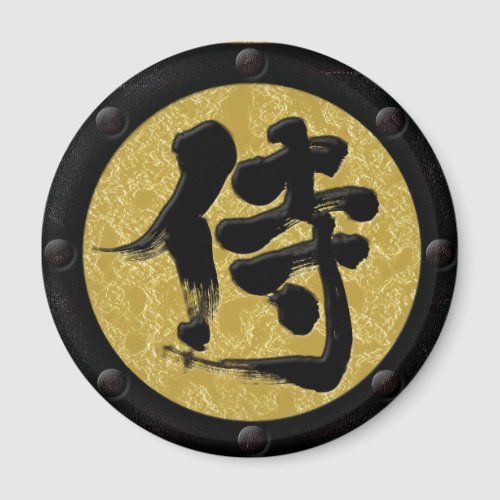
[Kanji] Samurai Yoroi style Magnet
Japanese Yoroi (armor) style. A Japanese warrior. Now there are no samurais in japan. But Japanese has chivalrous spirit like a Samurai.
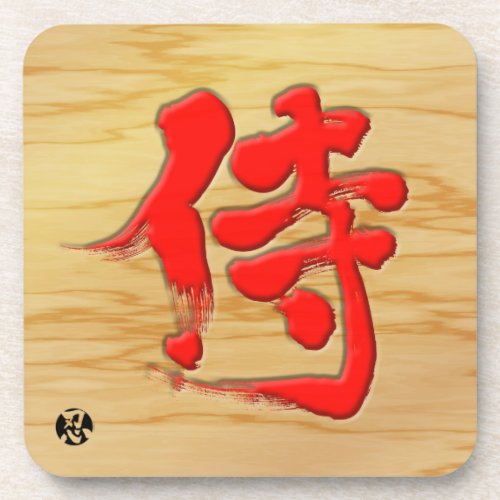
[Kanji] Samurai signboard style with red letter Drink Coaster
Japanese signboard style. A Japanese warrior. Now there are no samurais in japan. But Japanese has chivalrous spirit like a Samurai.
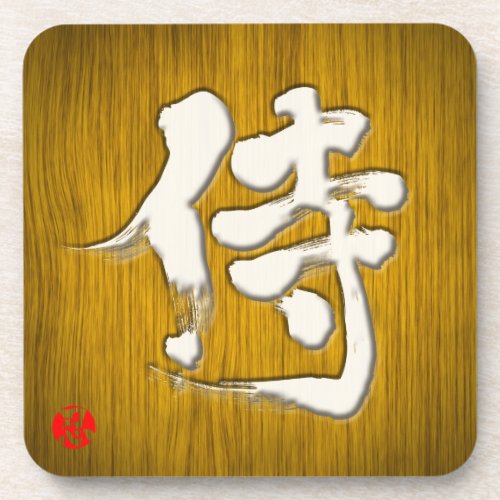
[Kanji] Samurai signboard style with white letter Coaster
Japanese signboard style. A Japanese warrior. Now there are no samurais in japan. But Japanese has chivalrous spirit like a Samurai.
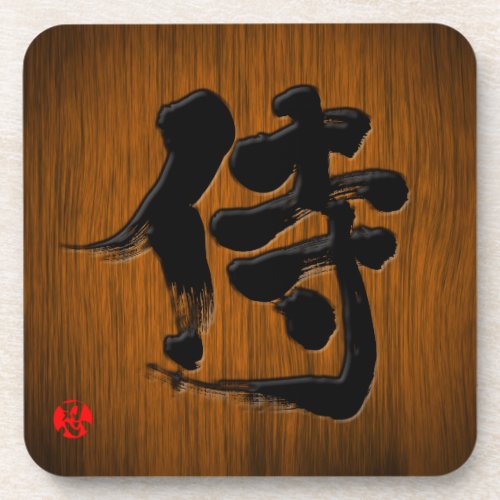
[Kanji] Samurai signboard style Drink Coaster
Japanese signboard style. A Japanese warrior. Now there are no samurais in japan. But Japanese has chivalrous spirit like a Samurai.
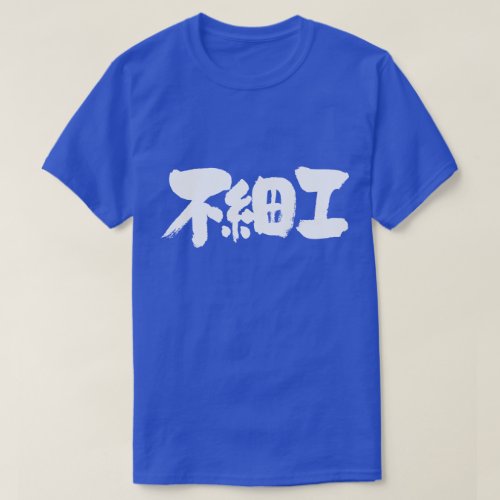
[Kanji] ugly T-Shirt
Japanese calls Bu-Sai-Ku. displeasing to the senses. lacking in physical beauty or proportion.
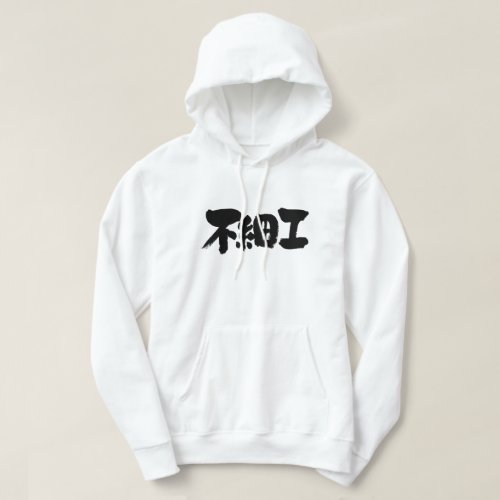
[Kanji] ugly Hoodie
Japanese calls Bu-Sai-Ku. displeasing to the senses. lacking in physical beauty or proportion.
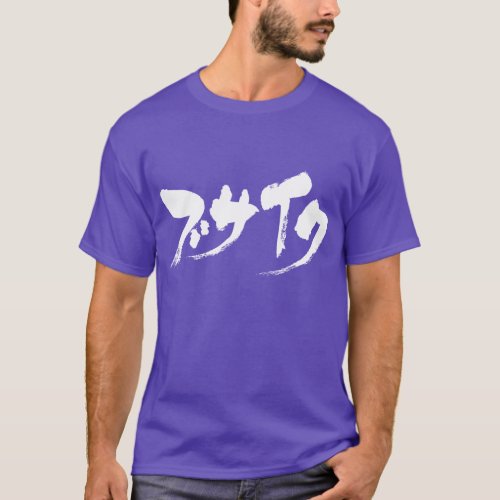
[Katakana] ugly T-Shirt
Japanese calls Bu-Sa-I-Ku. displeasing to the senses. lacking in physical beauty or proportion.
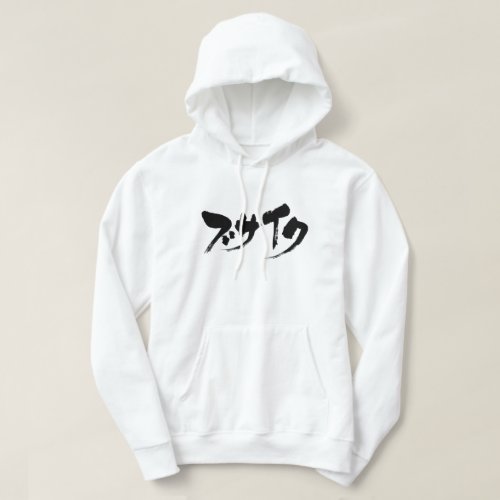
[Katakana] ugly Hoodie
Japanese calls Bu-Sa-I-Ku. displeasing to the senses. lacking in physical beauty or proportion.
